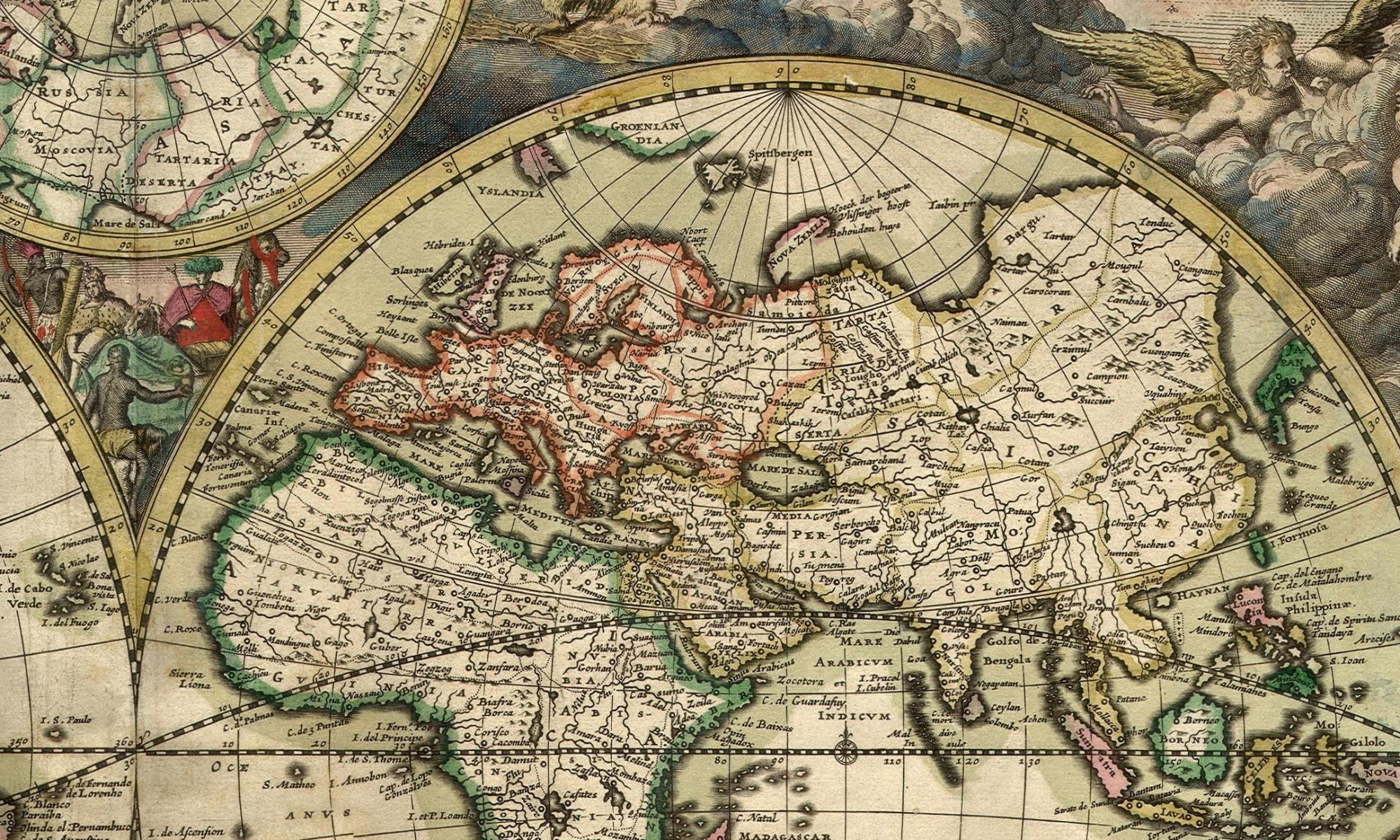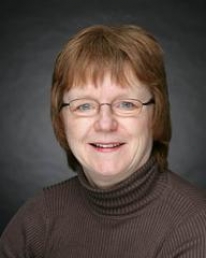I joined the OU in 1976 straight from doing my DPhil at Oxford, having been an undergraduate at York (the university was only six years old when I joined, as was the Open University when I joined that). The History Department, led by Professor Arthur Marwick, consisted of about seven central academics (based at Milton Keynes) and four staff tutors.
Arthur Marwick was a controversial figure in the historical profession but he had three outstanding qualities. First, he understood what good history was. Second, he was deeply committed to teaching good history and to ensuring that students learnt not just about historical periods but about the techniques of the historian—not something that was in the ‘60s and ‘70s widely taught except in rather dull historiography courses. Third, he was extremely loyal and supportive of the members of history department, keen to help younger scholars make their way, and taking pride in their successes.
By the time I joined the department, my colleagues were working on the remaining level 3 modules and contributing to the remake of the interdisciplinary level 1 module and level 2 modules. The faculty had a very limited number of modules: all students were expected to take the one level 1 module and both of the level 2 modules. The only specialisation was at level 3. There was an existing level 3 module on War and Society and, in production, two 30 credit modules, one on the Revolutions of 1848 and the other on English Urban History c.1560-1780.
The consequence of this arrangement was that virtually everyone worked on interdisciplinary modules, so we knew our colleagues (of whom there were not very many) in other departments. This had a huge benefit for us all in that we began to learn not just the subject matter but the methodologies of other disciplines. It was a terrific education for a young historian and, in my case, resulted in my working on buildings and material culture later in my career.
There was a great sense of excitement in producing modules because we were working in such unknown pedagogical territory and were learning how to teach at a distance as we went along. Arthur Marwick is credited with having invented the written tutorial, taking students through teaching material with separate readings and exercises to reinforce what students had learnt, an attempt to bridge the distance between tutor and student.
We were also experimenting with TV and radio. There was a department of the BBC which worked solely with the OU. The Arts Faculty (along with Science) made much more use of it than other faculties. We learned pretty quickly that televised lectures were not an effective way of teaching (a message that has still not reached colleagues in other universities). So each discipline in the faculty experimented in different ways: the philosophers decided that TV wasn’t for them and concentrated on radio. Our programmes had to be comprehensible to the general public as all our TV and radio were broadcast on the normal BBC television channels and radio stations. Historians concentrated on using TV for film history and discussing newsreels. In addition, both the modernists and the early modernists used it as a substitute for field trips to take students to places to which they probably couldn’t travel themselves. We walked viewers round towns and buildings to show them historical evidence on the ground. I worked with the same producers for a good many years filming sites in Britain, Ireland and France and taking students round ruins in fields, up sixteenth century towers and round the backs of palaces to show them how we could read not just the history of the place, but the social history of the time from this kind of evidence. One of the great perks was going on the recces for the filming, and having backdoor access to Versailles Palace, filming without visitors at 9 pm in the palace at Holyrood, and viewing parts of country houses not normally open at all to the public.
Another particular benefit for me was that Christopher Hill, Master of Balliol College, Oxford and the most celebrated seventeenth century historian in the country, came to work at the OU. It was agreed that he would not have to do the usual administration of a module team chair so I was appointed to see to that side of the work. As it turned out, I was also his chauffeur as he didn’t like driving and we lived near one another in Oxford. I had always admired his work but hadn’t known him when I was a postgraduate, even though we were at the same university. Over the three years he was at the OU I learnt so much more about Civil War England by chatting in the car—he talked about men I had written about in my DPhil thesis as if they were personal acquaintances. It was a wonderful education. He was also a considerable politician so I also learnt a good deal about how to get people to do what you want—which stood me in good stead later as both module chair and head of department.
It’s hard now, at a distance of 40 years, to summon up how exciting it was to work at the OU, the sense of experiment and the sense of reaching a huge body of people to whom university education had previously been inaccessible. I’m certain that this sense of mission was an important part of firing us on to try to teach better. The 1980s was a rather dismal period because, although the university was well funded, it was not well enough funded to appoint new staff and for about 10 years I was the youngest person in the department. In the 1990s we began to face much more seriously the challenges of the new technologies. Because of the need to make OU materials accessible to all students we couldn’t be at the cutting edge of teaching technologies: we had to wait for students to be able to receive BBC2 (unavailable in several parts of the country in the 1970s), then to acquire video players, then computers. I worked with IT colleagues to explore the possibilities of teaching on DVD in a non-linear fashion impossible with transmitted programmes or videotape. By the 2000s we were beginning to aquire a better understanding of these technologies. However, we lost a great deal when the OU BBC department was closed down as its producers had both pedagogic and subject expertise.
One constant in our history teaching, in all the different generations of modules I worked on, was the emphasis on trying to get students to read and understand primary sources and the ways in which historians use them. I even ventured on a rather ill-fated attempt to get history students to understand how to compile and use a spreadsheet. The new availability of online resources means that there has been a convergence of the experience of students in conventional universities with that of students at a distance. The idea of being able to have access at home to all the standard journal articles in the subject, something we now take for granted, was an impossible dream in the ‘70s, ‘80s and ‘90s.
Perhaps the greatest cost lay in the research careers of colleagues. Some colleagues managed to keep their research going, but the relentless timetable of module production and the demands of maintaining existing modules meant that a good many people’s research careers were slow to take off. In the early days there was no national assessment of research, so there was no external pressure, though we recruited people for their research expertise as well as for their apparent capacity to teach at a distance.
However, I count myself extraordinarily lucky to have worked at the OU during this period of experiment and innovation.

